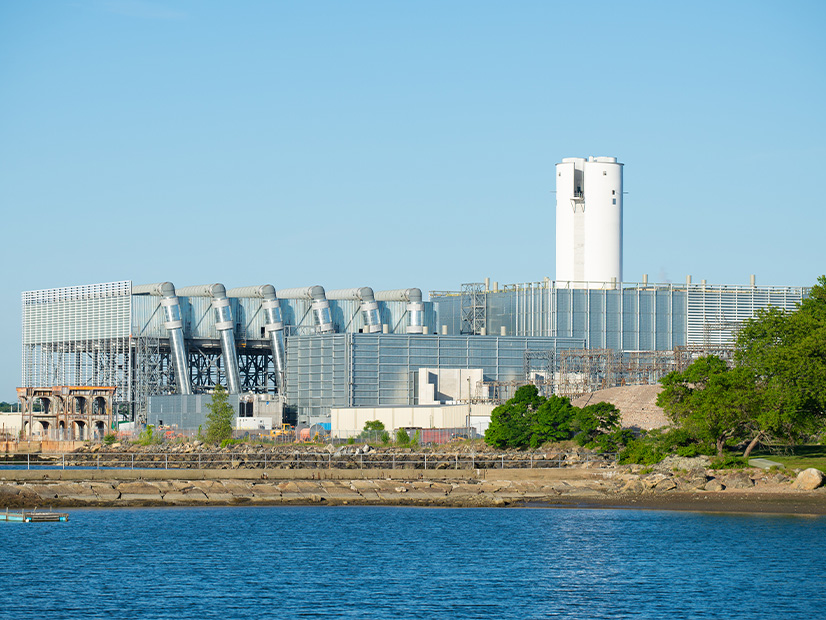
FERC is investigating ISO-NE’s role in alleged fraud by a project developer taking part in the RTO’s capacity market, the grid operator disclosed Thursday.
The existence of the investigation was first revealed in a bankruptcy filing by Salem Harbor Power Development, the company behind a natural gas plant north of Boston in Salem, Mass. The company filed for Chapter 11 bankruptcy in March after being ordered to pay $236 million to Iberdrola, its partner on the project, according to Reuters.
According to the filing, dated April 20, FERC’s Office of Enforcement started its investigation in 2017 and released preliminary findings in 2020. Those findings alleged that Salem Harbor violated FERC and ISO-NE rules by failing to provide “accurate and complete critical path schedule updates” to the grid operator.
FERC also alleged that the project’s developers “engaged in a fraudulent scheme to deceive ISO-NE and the market into believing that the facility would meet the” 2017 commercial operation date and to collect capacity payments regardless of the project’s delays.
The company has denied the allegations and is in talks with FERC over a potential settlement, according to the filing.
But potentially more significant is that ISO-NE itself is under investigation for failing to figure out that the project would be delayed, allegedly giving the developer advice to help it skirt the consequences of failing to meet its COD and not forcing it to sell its capacity supply obligation (CSO).
Neither FERC nor ISO-NE provided further details about the alleged violations, but in a statement Thursday, the RTO said it denies them.
It also pointed to changes it made in response to the incident, including an automatic financial penalty for projects in the capacity market that are under development and miss their deadlines.
“The penalty serves as an enhanced incentive for project sponsors to meet their commercial operation date and eliminates the need for ISO New England to assess the veracity of the information submitted to it by project sponsors,” the grid operator said.
ISO-NE said it’s cooperating in the investigation and has asked FERC to dismiss the enforcement case against it.
FERC declined RTO Insider’s request for comment, citing its policy to not comment on ongoing investigations.
Stakeholders in NEPOOL have over the last few months been debating changes to the region’s financial assurance rules, with the goal of handing out harsher penalties to companies that are behind on development milestones. (See NEPOOL Participants Committee Briefs: May 5, 2022.)
That effort took on extra significance because of the controversy around a different natural gas plant, Killingly Energy Center in Connecticut, which had its CSO pulled by the grid operator because of its failure to meet milestones and stay on track for its COD.
The results of this year’s capacity auction were significantly delayed while ISO-NE waited for FERC and the D.C. Circuit Court of Appeals to settle the matter. (See ISO-NE Announces Capacity Auction Results After Killingly Delay.)


